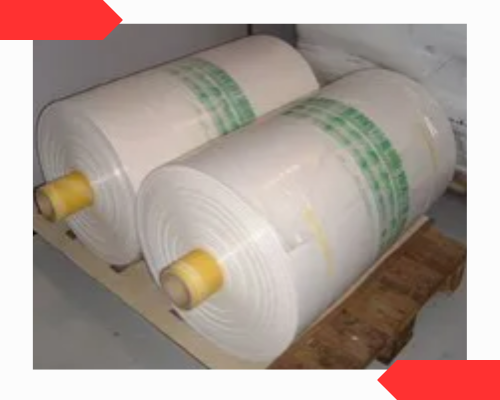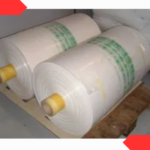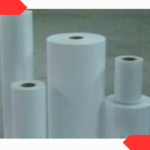Compostable Films
Compostable films are a type of packaging material that is designed to break down and decompose in composting environments. These films are made from biodegradable materials, such as bio-based polymers or bioplastics, which can undergo microbial degradation in composting conditions.

Here are some key features and considerations of compostable films:
Composition:
Compostable films are typically made from renewable resources, such as corn starch, cellulose, or polylactic acid (PLA). These materials are derived from plant-based sources and are considered more environmentally friendly than conventional plastics.
Biodegradation:
Compostable films undergo microbial decomposition in composting facilities. They break down into simpler compounds, such as carbon dioxide, water, and organic matter, with the help of microorganisms present in the composting environment.
Composting standards:
Compostable films often adhere to specific standards and certifications, such as ASTM D6400 (in the United States) or EN 13432 (in Europe). These standards ensure that the films meet specific criteria for biodegradation and compostability within a defined timeframe.
Composting conditions:
Compostable films require specific composting conditions to break down effectively. This typically involves a combination of temperature, moisture, oxygen, and microbial activity. Industrial composting facilities provide the optimal conditions for compostable films to decompose, while home composting may have more variable results.
Applications:
Compostable films are used in various applications, including food packaging, agricultural films, and other single-use plastic alternatives. They can be found in products like compostable bags, food containers, and wraps.
Disposal considerations:
Proper disposal is crucial for compostable films. They should be sent to composting facilities rather than regular waste streams. Mixing compostable films with traditional plastic recycling can contaminate recycling processes and hinder the quality of recycled materials.


